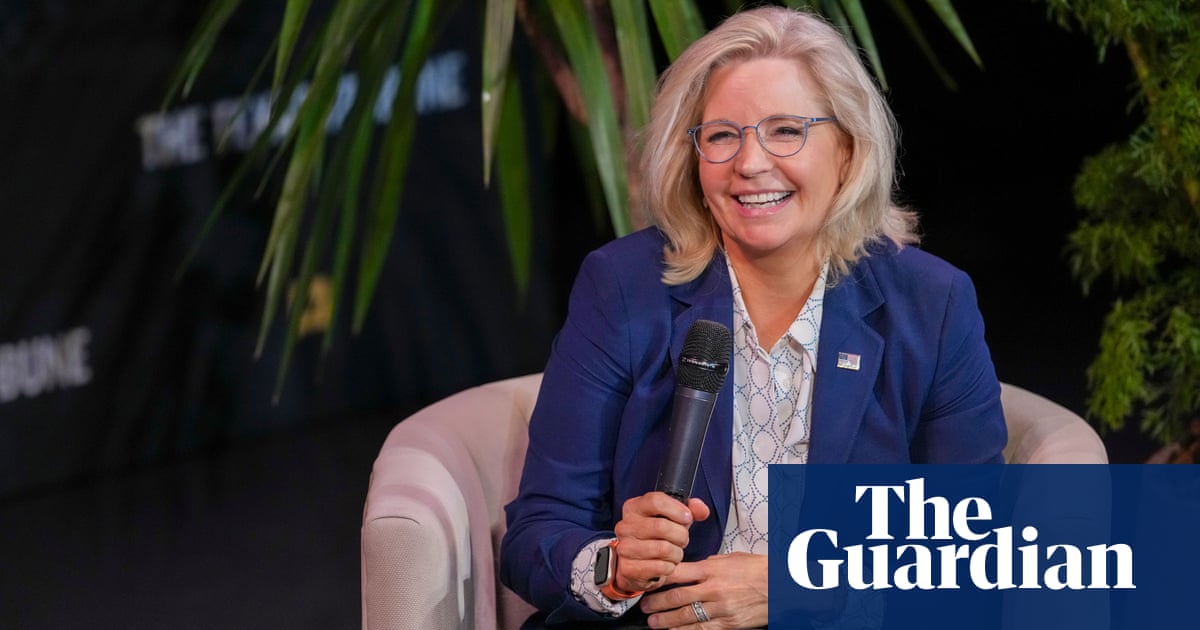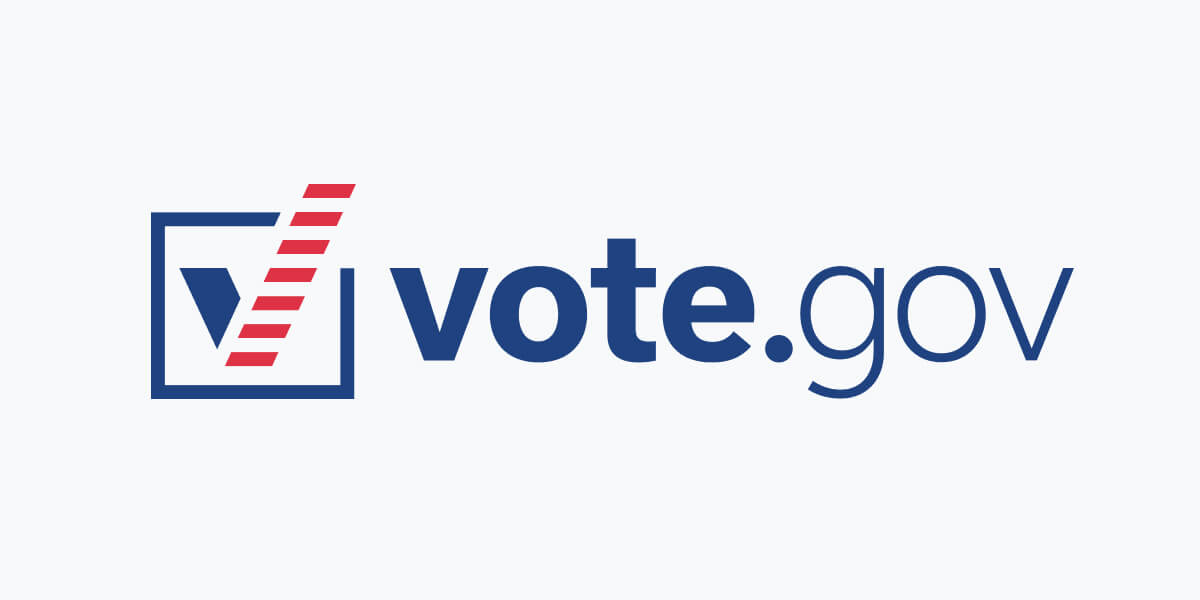Reasons for Hope, late 2024
News and commentary for understanding and coping with the years ahead... One item today: dozens of reasons to be hopeful

Each morning, I glance at the New York Times, Washington Post, Wall Street Journal, and the home pages of major TV news channels. I do that to check on what the biggest and most influential U.S. news organizations consider the most important – or at least the most clickbait-worthy – news of the moment.
On most days I shake my head at their reliably inadequate political coverage – dominated by false equivalence BS, horse races, normalization of extremism, Trump sanewashing, and polls, polls, polls!!! – and then I turn elsewhere.
If you've been following this newsletter, you'll have noticed that I often come back to familiar sources. The reason is simple: Much of the best coverage and commentary about this election and the issues is coming from a few people and organizations, most of the latter tiny by comparison to the Big Journalism outfits. Today, in a departure from the usual format, I'm going to highlight three of my must-read political sources. Look for more in the near future.

My regular first stop in my search for meaningful political journalism is Talking Points Memo. Its founder and editor in chief, Josh Marshall, has a clearly stated world view – and his site reflects that. He is unabashedly left of center, believes in government's power to improve people's lives, and loathes the extremism that has captured one of our two major political parties. I've known, followed, and admired Josh since he started the site as a blog back in 2000.
Today, it is a must-read if you follow politics. He and his superb team of reporters and editors bring something to their work that is widely missing in Big Journalism's political coverage: context. Josh's doctorate in American history, and years of hard work to build the deepest kind of understanding, add great value to what TPM publishes.
Moreover, he was one of the first journalists to recognize that his readers collectively could help improve his journalism. He put that notion to work almost two decades ago to crowdsource key facts for his award-winning coverage of the Bush administration's politically motivated removal of federal prosecutors. He frequently publishes emails from his readers, but not the usual "letter to the editor" fluff you see in newspapers; what he publishes demonstrates that his readers know a vast amount and can help flesh out our understanding of things.
A few weeks ago I asked him why his approach to journalism is so rare. In an email he replied:
I guess I would say that as journalists our core mission is fundamental honesty with readers. That means always telling readers the truth, an accurate story as nearly as we are able to uncover it and understand it, as well as being transparent with the values, commitments and core beliefs we bring to the work we do. We believe in always being fair to everyone and everything we write about. Fairness is really only another permutation of accuracy. Balance is a construct applied after the fact that is often as not at odds with accuracy. A belief in democratic republicanism or civic democracy has always been at the core of what we do. It's central to what stories we choose to focus on, it's a value structure that permeates our organizational approach to what we do. I can't speak for everyone at TPM. But as founder and still a guiding light, I think our understanding of what journalism is or should be is inextricably connected with democratic republicanism/civic democracy. I don't think I would say we're activists for democracy. But to me being on the side of civic democracy is inextricably connected to what we do and who we are. We're on the side of civic democracy as much as we're on the side of journalism.
I don't want to label other journalists. But to the extent many other journalists don't operate in this way, or understand their job this way, it's because they work for publications whose business models simply aren't compatible with this approach to journalism. What we now commonly call "both-sidesism" is rooted in the business structure of most contemporary journalism, specifically the need to have purchase across of wide ideological spectrum of the population.This is especially so in large corporate journalism because the need for scale and advertiser buy-in really requires that access to all parts or most parts of the political spectrum. In a hyperpolarized political culture when one side veers off the democratic rail that inevitably pulls a lot of that kind of journalism with it. I see that as fundamentally a structural reality. This goes back many decades, long before the current moment. It was more workable in a different political climate. But in this one that's how it works. Journalists think they're following core journalistic principles. But it's driven really by business models.
I urge you to read TPM every day. And I hope you'll consider paying for a subscription that includes Josh's excellent "Backchannel" analysis and commentary.
For more about how TPM punches so far above its weight, this conversation with the managing editor, John Light, is well worth your time:

Not one Big Journalism outlet reflected the sheer derangement of Donald Trump in his public rant in Wisconsin this weekend. Heather Cox Richardson did, and what she chronicles here is terrifying.
Richardson is a professor of history whose "Letters from an American" newsletter is by far the most popular thing of its kind, a media phenomenon. Why? She isn't just a good writer. The "history" part of her skill set is what makes her work so special. It means she has the context – there's that word again – and it enriches everything she writes. Context is rarely part of the offering from our major media organizations – and if it's there, history seems to begin around 1980.
Richardson's writing reflects her enviable ability to connect the dots of the present and the past. If you look at her source material you see that she ranges fairly widely to pick out key elements of what she's read (or watched, or listened to). Don't ignore those links; they're often worth a further look.
While I'm a huge fan of Richardson's essays, I am not a fan of either of the platforms where she publishes her work: Facebook and Substack. She runs her lucrative subscription business at Substack, a platform that is far too friendly to right-wing extremists, and has as primary financial backers some tech bros who exemplify the worst of Silicon Valley. I would pay gladly for a subscription if this great work appeared on almost any other payment-enabled site (such as Ghost, where I publish this newsletter), but alas that doesn't seem to be in the cards.
Richardson also posts the essays at Facebook, which wins no prizes for ethical behavior. Its record is dishonorable in all kinds of ways.
She admirably posts most of her essays publicly in any case. You don't have to create an account to read her work at either Facebook or Substack. While both sites try to get you to log in and/or create an account, you don't have to do that. Click "No thanks" in the Substack prompt, and click the X in the upper right hand corner of the Facebook popup, to go to Richardson's posts.

The Guardian's U.S. edition is consistently the most ardent defender of democracy of any major news organization. Its coverage reflects the publication's long-standing liberal world view, and the editors' rare (in Big Journalism) understanding that only editorial pages are permitted to regularly explain what's at stake this year.
The Guardian is a bit too poll-happy for my taste. And it occasionally backslides into credulous coverage of Trump world. But the latter happens so infrequently that I'm startled to see it there.
To help you understand why I consider the Guardian's work so essential, here's some of what has appeared there in just the last two days:





Imagine if the New York Times, or CNN, or the Post, or any of the rest of Big Journalism's most influential news organizations cared this much about the stakes in November. For now, please give the Guardian the kudos – and page views – it has earned.

Voting is just part of democracy, but it's the essential place to start. Make sure you're registered. Double-check in the fall, well before Election Day, because in some states Republican officials are removing people, mostly those who tend to vote for Democrats, from voting rolls.
I spend a lot of time looking for essential coverage, and hope you'll help me by letting me know about the good stuff you find. Let me know.